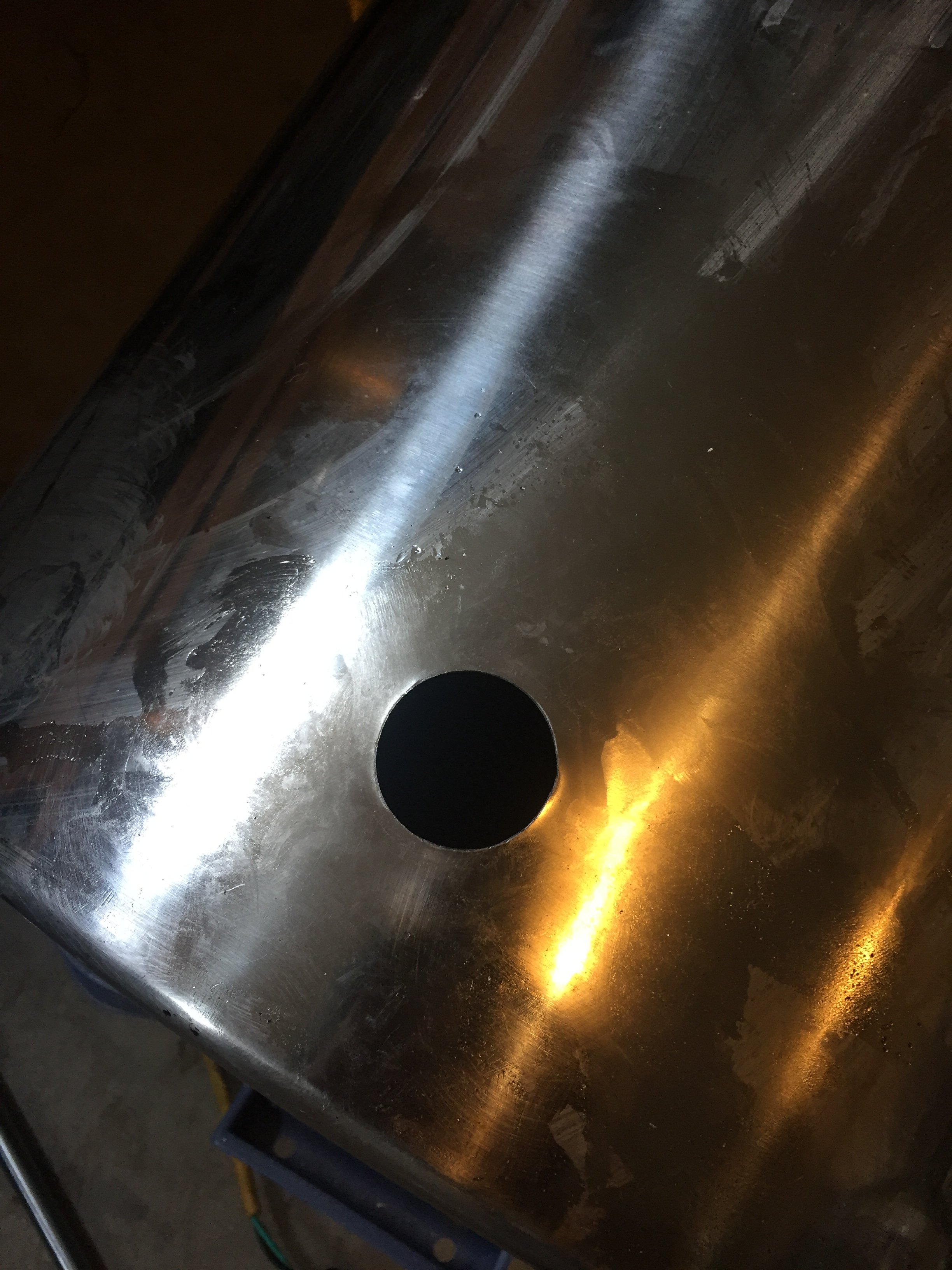luckybeagle
Making sales and brewing ales.
I just drilled my kettles for my new electric heating element using a step bit (before I got smart and bought a radio punch) and got a ton of oil everywhere, inside and out. I used whatever lubricant I had on hand, thinking I could just clean it up afterward. Vegetable oil spray, chain and bar oil, wd40 etc. Now that my system is built, I'm trying to figure out the best way to clean off that junk.
Since I'm using electric elements with iron components (the base), bleach is out. The only way I can get heat out at my brewery is via the kettle and HLT heaters as its in a detached garage.
Would PBW work for dissolving this grease/oil concoction? Or should I take my kettles into the bathtub and go to town on them with dish soap first?

Since I'm using electric elements with iron components (the base), bleach is out. The only way I can get heat out at my brewery is via the kettle and HLT heaters as its in a detached garage.
Would PBW work for dissolving this grease/oil concoction? Or should I take my kettles into the bathtub and go to town on them with dish soap first?



